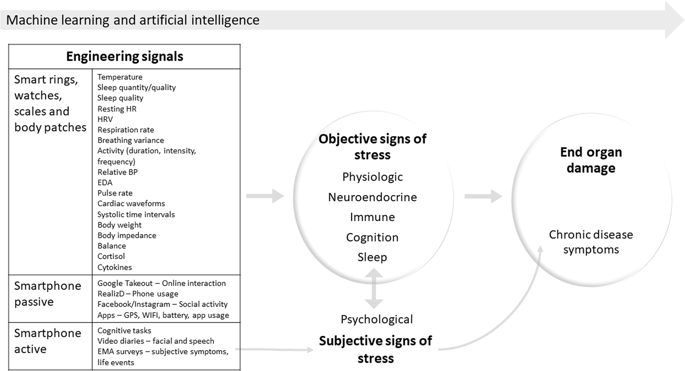Unlocking Quantum Computing: The Revolutionary Insights of Peter Shor
Guide or Summary:Peter Shor was born in 1959 and has since become a leading figure in the realm of theoretical computer science. His most notable achievemen……
Guide or Summary:
#### Description:
In the rapidly evolving field of quantum computing, few names stand out as prominently as Peter Shor. Renowned for his groundbreaking contributions, Shor has become synonymous with the potential of quantum algorithms to transform our understanding of computation. His work, particularly the development of Shor's algorithm, has opened new avenues for solving complex problems that are currently intractable for classical computers.

Peter Shor was born in 1959 and has since become a leading figure in the realm of theoretical computer science. His most notable achievement, Shor's algorithm, was introduced in 1994 and demonstrated that a quantum computer could factor large integers exponentially faster than the best-known classical algorithms. This revelation had profound implications for cryptography, particularly for RSA encryption, which secures much of today's digital communication.
The implications of Peter Shor's work extend beyond cryptography. His algorithm has sparked interest in various fields, including optimization, materials science, and artificial intelligence. By harnessing the principles of quantum mechanics, researchers are now exploring how quantum computing can tackle problems in logistics, drug discovery, and even climate modeling.
As we delve deeper into the world of quantum computing, it's essential to understand the foundational principles that underpin Peter Shor's contributions. Quantum bits, or qubits, are the building blocks of quantum information. Unlike classical bits, which can be either 0 or 1, qubits can exist in a superposition of states, allowing quantum computers to process vast amounts of information simultaneously.
Shor's algorithm specifically leverages this property of qubits through a series of quantum gates that perform operations on these bits. The algorithm's efficiency comes from its ability to exploit the interference patterns of quantum states, leading to a solution that is exponentially faster than classical factoring methods. This efficiency is what makes Peter Shor's algorithm a cornerstone of quantum computing research.

The excitement surrounding Peter Shor and his contributions is palpable in both academic and commercial sectors. Tech giants and startups alike are investing heavily in quantum computing research, hoping to develop practical applications for Shor's insights. Companies like IBM, Google, and Rigetti Computing are at the forefront of this revolution, working to build quantum processors capable of executing Shor's algorithm and other quantum algorithms.
Furthermore, the implications of Peter Shor's work have led to a re-evaluation of existing cryptographic protocols. As quantum computers become more powerful, there is an urgent need to develop quantum-resistant cryptographic methods to safeguard sensitive information. This has spurred a wave of research into post-quantum cryptography, aiming to create algorithms that can withstand attacks from quantum computers.
In conclusion, Peter Shor's contributions to quantum computing are not only revolutionary but also essential for the future of technology. His insights have paved the way for a new era of computation, one that promises to solve problems previously thought impossible. As we continue to explore the potential of quantum computing, Peter Shor's legacy will undoubtedly shape the landscape of science and technology for generations to come. The journey into the quantum realm is just beginning, and with it comes the promise of unprecedented advancements that could redefine our world.
